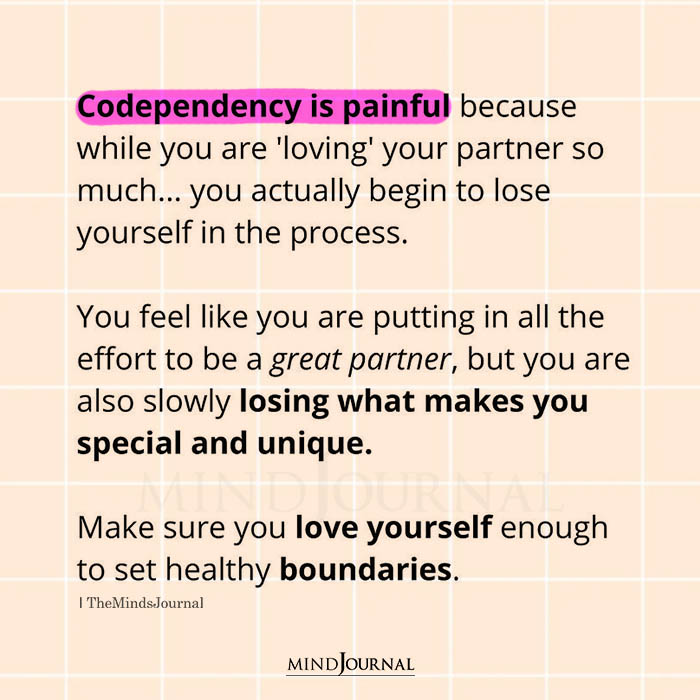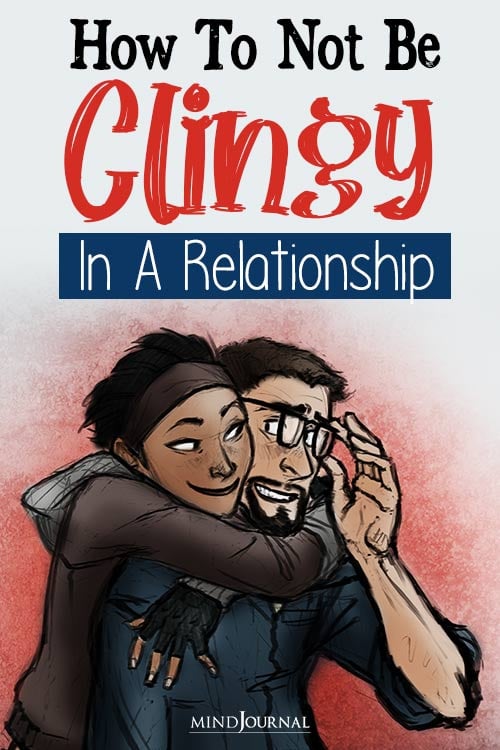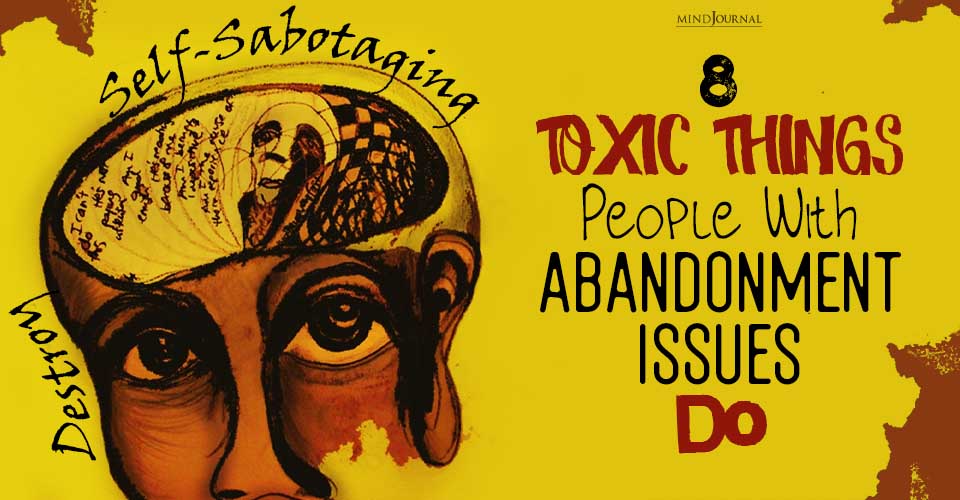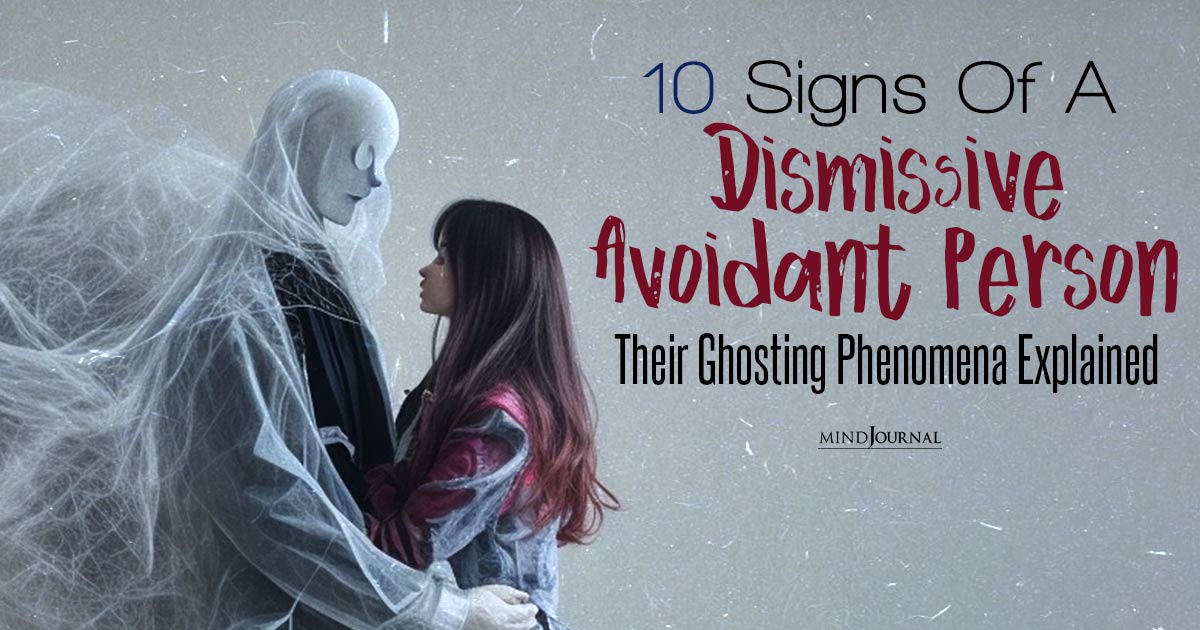When you try to hold on to the one you love, do they slip away like grains of sand? How to stop being needy? Learn how to not be clingy in a relationship in 5 easy ways!
Maybe you need to loosen your grip a little bit more and learn how to not be clingy in a relationship.
We know how much it hurts to be called clingy or needy, just because one cares too deeply about another person and wants to be a part of their lives.
With all the atrocious things humans inflict upon each other, does the need for love and care pose that big a problem?
Sadly, according to a study, clinginess and lack of personal space are the top relationship turn-offs. So, when does it go from sweet and nurturing to overbearing and smothering?
How can you manage your need for reassurance so that it doesn’t push your loved one away? how to stop being needy? And how to not be clingy in a relationship?
We will try to get all the answers in this article. Stay with us, while we take a look at:
- What does clingy mean in a relationship?
- Signs of Clinginess
- Why do people become clingy in relationships?
- How to not be clingy in a relationship in 5 ways
Related: Balancing Personal Space And Connection: How To Give Someone Space Without Losing Them?
What Does Being Clingy In Relationships Mean?
Too much of anything is good for nothing, and it extends to emotions as well. Whereas it’s natural to get consumed in love, an excessive amount of concern regarding your partner can be a relationship killer.
Being clingy in a relationship can mean staying too close or latching onto someone for emotional support, mental well-being, and a sense of security. It is marked by one’s too much need for attention, affection, and acceptance from their person of interest.
This emotional dependence if unchecked gives way to insecurity and desperation, making a person overly attached to their beloved in an unhealthy way.
Before we get into how to not be clingy in a relationship, let’s see what are the signs of being clingy.

Signs You Are Clingy In A Relationship
Sometimes, a partner who is unreliable and avoidant might try to blame you for being clingy in a relationship, to avoid taking responsibility for their action.
That’s why it’s imperative that you introspect and find out whether you are in fact being clingy or not in the first place.
See whether you exhibit the following signs of clingy behavior:
- Incessantly calling or texting your partner throughout the day
- Surveilling their social media feeds like an FBI agent
- Going into a frenzy when your partner doesn’t pick up your call/ takes time to call back or respond to your text
- Feeling insecure when they mention hanging out with a friend or colleague of the opposite gender
- Throwing a tantrum every time your partner wants to do something without you, such as a boy’s night out or a movie night with their best friend
- Spending all your waking hours worrying about your significant other and spending less time with your friends
- Eliciting constant reassurance from your partner that they love you
- Trying to fast-track the relationship by confessing your undying love on the fourth date
- Always on the lookout for signs of cheating and an urge to track their every move
- Compulsively checking your phone for texts from your partner
What Makes Us Become Clingy In A Relationship?
Why do people become clingy in relationships?
You might think being needy in relationships is exclusively connected to the intensity of love one feels for their partner, but the reason for being clingy in a relationship can be much more complicated, such as:
- Fear of rejection
- Abandonment issues
- Fear of loneliness
- Insecure attachment styles formed due to abusive/ absent/ or emotionally distant primary caregiver
- Childhood trauma
- Lack of self-esteem and goals in life
- Poor social skills
- Jealous nature
Whatever may be the reason for acting clingy in a relationship, the fact remains that, when you lose yourself in your relationship and center your life around your partner, it becomes overwhelming for them, and you too deprive yourself of living your life with confidence and joy.

Related: How And Why Family Scapegoats Become Lifelong Victims
How To Not Be Clingy In A Relationship?
Needing comfort and emotional support from a loved one is not at all something you should be embarrassed about; rather it is one of the main things why we seek a stable relationship in the first place.
However, even after several reassurances from your partner, you tend to suffer from unfounded jealousy and insecurity, which stops you from giving your partner their personal space, things are a tad out of balance.
How to not be clingy in a relationship? The following tips will help you to stop being clingy in relationships.
1. Identify The Problem
Review your actions and thought processes objectively and find out whether you are being clingy in a relationship or your partner or someone else is unfairly labeling you as one.
If after careful consideration you conclude that you do need to work on your neediness and give more space to your partner, you are ready to make a positive change. The next step would be to implement the change in your behavior and break the pattern.
2. Start A Conversation With Your Partner
To gain the necessary insights into the kind of change you need to make for a more balanced partnership, it is important to have an open and honest conversation with your partner.
Ask them how they feel about the way you communicate your emotions and what change would they like to see.
It might sting a bit hearing your partner affirm your worst fear, that you’re coming off too strong and being clingy in a relationship, but it’s necessary.
Once you have a clear understanding of what you and your partner think being clingy in a relationship means, you can work on:
- Defining healthy boundaries
- Giving space to let your partner know that you care for their happiness, even if that means them enjoying some time without you
- Developing mutual trust
- Building a communication style that would be emotionally fulfilling, honest, and not stifling
- Your and your partner’s Love Language; how you express and wish to receive love
3. Prioritize Yourself
One of the main reasons we get clingy in a relationship is a lack of purpose and identity. How to not be clingy in a relationship?
You need to have an awareness of your individual needs and ambitions outside of your relationship.
It’s easy to get carried away in love, especially at the beginning of the relationship, when all you want to do is be with your partner.
But ignoring your personal identity will only do more harm than good. If you focus all your energy on your love interest, you will end up being obsessed.
A great way to avoid being clingy in a relationship is to put the focus back on yourself. Go back to your old hobbies and interests, things that gave you happiness before your relationship.
Pursue your dreams and do things that you are passionate about. This will help you in many ways:
- You will be occupied with things that will contribute to your growth
- You will have less time to worry about your partner’s whereabouts
- You will feel less needy by filling your time with things that bring you fulfillment and joy
- You will get a sense of accomplishment that will boost your self-confidence, making you more emotionally fortified
- You will make friends with people who share your interest and get a strong support system to lean on when you feel alone or sad
- It will serve as a good distraction when you feel the urge to check on your partner in quick succession
- You will become more engaging and interesting as a person
- Keeping your interactions with your partner limited to a specified time and frequency will give them the opportunity to miss you

4. Make Time For Friends And Family
When learning how to stop being clingy in a friendship, spending time with your friends and family members that uplift and nurture you, is a must.
Their loving support will help you feel more confident and empowered. And in times of stress or separation from your partner, these people will offer you the care, support, and guidance that you require.
Spending time with friends and family not only will strengthen these ties but will also reduce your emotional dependence on your partner.
5. Seek Professional Guidance
As mentioned earlier, acting clingy in a relationship can often be rooted in a troubled past, such as a dysfunctional childhood where you didn’t receive the love and support you needed from your parents.
It can also stem from a romantic experience where your ex-partner was emotionally distant or unfaithful to you.
Whatever the reason, being clingy in a relationship is often linked to our insecure attachment style, abandonment issues or other fear-based ideas, or anxious thoughts.
And it is a good idea to see a licensed therapist or mental health professional for managing these issues.
It can help you understand what drives you to become clingy in a relationship and offer you tools to process your feelings and channel them in a healthy way. Getting help from a professional will benefit your personal well-being as well as your relationships.
Related: Take The Free Codependency Test
Absence Makes The Heart Grow Fonder
So, why don’t you let them miss you and anticipate your intentions a bit, instead of giving them the idea that they are the only thing you care about in this whole world?
Being too clingy in relationships might lead you to be taken for granted, and we don’t want that!
How to not be clingy in a relationship? When you respect and prioritize yourself, without becoming aloof, you show others how you expect to be treated and also that you can care for them without becoming codependent and clingy.
So, that’s all on how to stop being needy in a relationship. Do let us know if you found this article helpful by commenting down below!












Leave a Reply